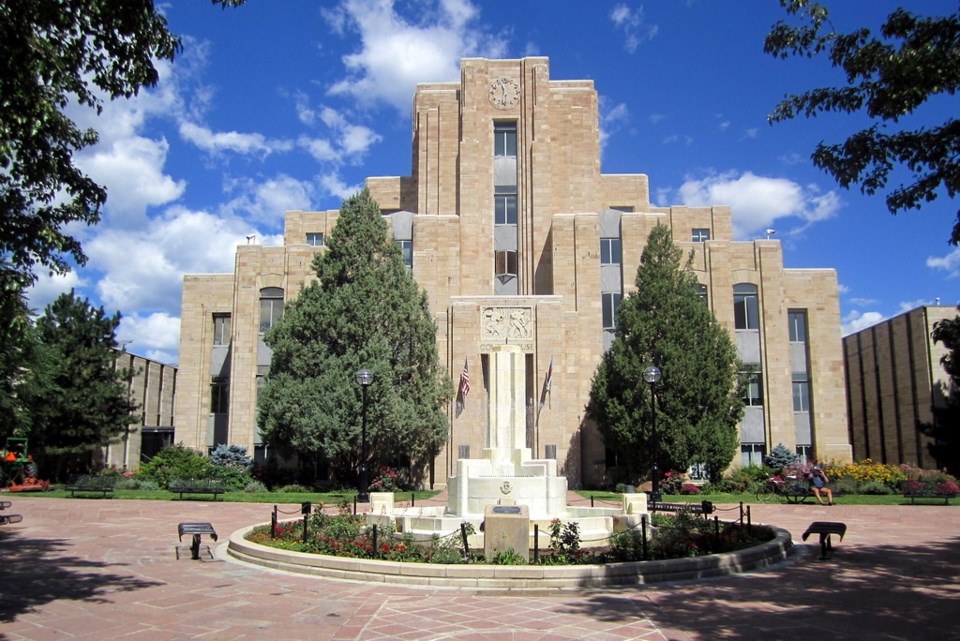Robert Philbrick’s resume is full of accomplishments in science, including a Master’s Degree in electrical engineering and as a Technical Fellow at Ball Aerospace and Technologies Corporation.
Still, Philbrick decided about five years ago he wanted to make room for law enforcement and become a reserve deputy with the Boulder County Sheriff’s Office. Philbrick said he wanted to give back to the community but there weren’t any volunteer programs offered by the county that appealed to him.
“... I happened to stumble upon the BCSO reserve program,” Philbrick said via email. “I knew it would be a huge undertaking, but having seen how much deputies contribute to the well-being of our community, I wanted to be part of that.”
Philbrick is one of two active reserve deputies with three other reserve deputies in various stages of training. He is an operations deputy, who is sworn, uniformed and fully state-certified and is trained to support the operations of the agency’s patrol and detective section, according to the Boulder County Sheriff’s website.
They ride along as partner officers on patrol, provide traffic and crowd control at events, monitor home detention inmates for compliance with regulations, coordinate warrant sweeps and they help in surveillance, the website states.
The sheriff’s office also needs more reserves as they help lighten the load from regular, sworn deputies, said Sheriff Joe Pelle.
“Reserve deputy sheriff’s provide invaluable assistance to the sheriff’s office and the community by providing, emergency response during disasters such as forest fires, as well routine assistance with daily responsibilities like serving civil process, helping in the jail, or doing residential checks with sex offenders,” Pelle said. “It is a big responsibility and a big commitment, but can be incredibly rewarding.”
Veteran deputy Stephen Meer said reserve deputies allow full-time deputies to focus on higher priority tasks and calls. Reserve deputies also must be mature because they work in the community and don’t just arrest people, Meer said.
“If you have all that life experience, it works well for our program,” Meer said. “We can’t have a young cowboy, who just wants to get a gun and go out and have fun.”
Operations reserve deputies are post certified and have the same legal authority and responsibilities as full-time deputies while on duty, Philbrick said.
Reserve deputies get 300 hours of reserve academy training followed by 350 hours of field training, he said. All BCSO deputies receive 40 hours of training every year, and the reserve deputies are required to complete the same training side-by-side with the full-time deputies.
“In the BCSO, deputy training is a never-ending process - it’s part of the job,” Philbrick said. “For reference, the POST academy for full-time deputies typically involves closer to 600 hours of training, followed by 700 hours of field training.”
“They hold important jobs in our department,” Meer said. “They play a huge role here.”



